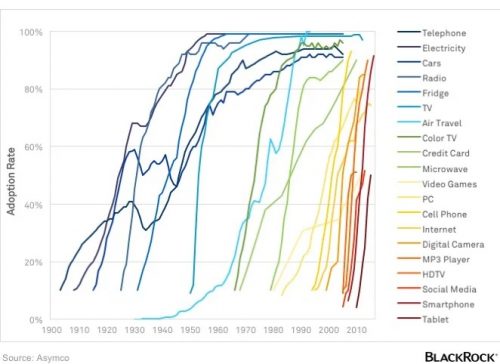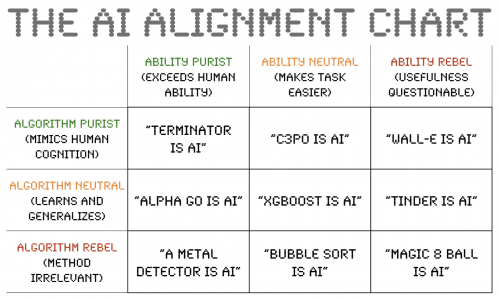We’ve owned a very bad toaster for years. It was slow, cheap, and it had this ambiguous dial with no labeling that you ‘adjusted’ to set how dark your bread would be toasted — but without any markings, it was basically random. You diddled the dial and hoped it wouldn’t burn it, or you hovered over the toaster watching it feebly glow, and then if you started to see smoke you’d push a cancel button. It was terrible, but serviceable.
My daughter came to visit and was shocked at how us poors live. We don’t even have a decent toaster! When we visited her a few weeks ago, she was in the process of moving to Madison, and she gave us her old toaster. It was a Cuisinart. It looked like a polished slab of steel, with an LED display to let you know the settings, and most amazingly, you pushed a button after you add bread, and a motor gracefully lowered it into the device. When it was done, it didn’t pop up, the motor raised the toast dramatically and presented it to you.
That is how, in the morning, I have Dramatic Toast with my breakfast.
Why do I tell you this story? Because this morning I saw a photo of the back end of a Tesla Cybertruck.
That’s my new toaster! Very nice.








